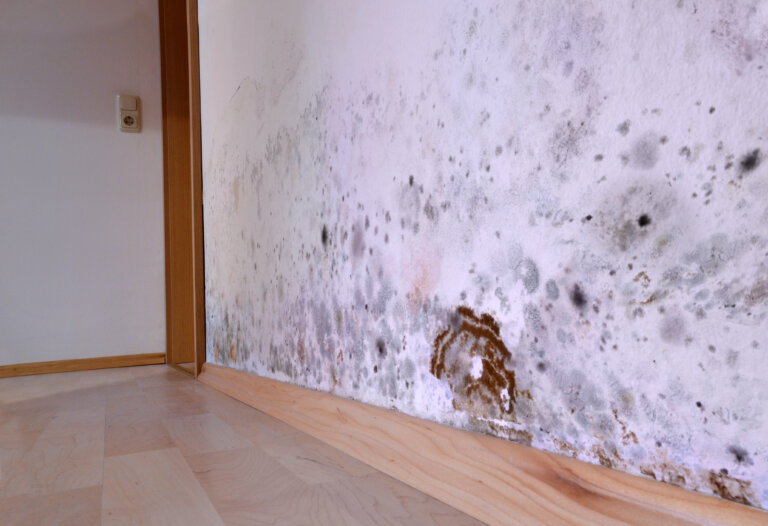Toxic mold, also known as black mold, is a serious problem for homeowners and tenants in California. The presence of mold in a home or rental property can cause a variety of health problems, and it can be difficult and expensive to remove. But is toxic mold considered a nuisance under California law? The answer is not a simple one.
What is a Nuisance?
Under California law, a nuisance is any activity or condition that interferes with the use and enjoyment of property. This can include things like noise, odors, or pollution. A nuisance can be either a public nuisance or a private nuisance.
A public nuisance is an activity or condition that affects the public at large, such as a factory that emits toxic fumes into the air. A private nuisance, on the other hand, is an activity or condition that affects only one or a few individuals, such as a neighbor who plays loud music late at night.
Is Toxic Mold a Nuisance?
Whether toxic mold is considered a nuisance under California law depends on a variety of factors. In general, mold can be considered a nuisance if it interferes with the use and enjoyment of a property. For example, if the mold is causing a foul odor or making it difficult to breathe, it could be considered a private nuisance.
However, the mere presence of mold may not be enough to constitute a nuisance. In order for mold to be considered a nuisance, it must be shown that it is causing harm or interfering with the use and enjoyment of the property.
Health Effects of Toxic Mold
Toxic mold can cause a variety of health problems, especially in individuals with compromised immune systems. The symptoms of mold exposure may include:
- Respiratory problems such as coughing, wheezing, and shortness of breath
- Irritation of the eyes, nose, and throat
- Headaches and dizziness
- Fatigue and weakness
- Skin rashes and hives
- Neurological symptoms such as memory loss and mood swings
Because of these health effects, toxic mold can certainly interfere with the use and enjoyment of a property.
Landlord and Tenant Responsibilities
Under California law, landlords are responsible for maintaining rental properties in a habitable condition. This includes addressing any mold problems that may arise. If a tenant complains about mold, the landlord must investigate the issue and take steps to remediate it.
However, tenants also have a responsibility to maintain the property and prevent the growth of mold. This includes reporting any leaks or water damage promptly, using ventilation fans in bathrooms and kitchens, and keeping the property clean and dry. But lack of ventilation is the landlord’s responsibility!
Legal Remedies for Mold Problems
If a landlord fails to address a mold problem in a timely manner, tenants may have legal remedies available to them. This may include suing the landlord for breach of the implied warranty of habitability, which requires landlords to provide a safe and habitable living environment.
Tenants may also be able to withhold rent or make repairs themselves and deduct the cost from their rent. However, tenants should be careful when taking these actions, as they must follow specific procedures under California law to do so legally.
In conclusion, whether toxic mold is considered a nuisance under California law depends on the specific circumstances of the case. However, if mold is causing harm or interfering with the use and enjoyment of a property, it may be considered a nuisance. Landlords have a responsibility to maintain rental properties in a habitable condition, including addressing any mold problems, while tenants have a responsibility to prevent the growth of mold by reporting leaks and water damage promptly and keeping the property clean and dry. If a landlord fails to address a mold problem, tenants may have legal remedies available to them under California law.


